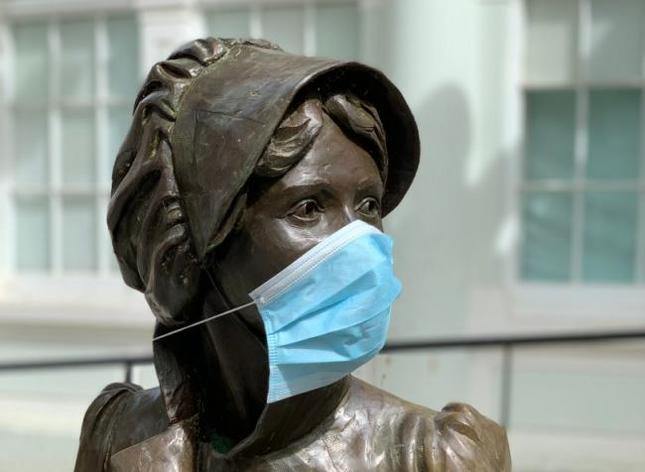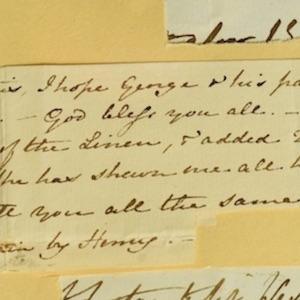
Was Jane Austen Vaccinated?

The text of this blog is replicated with the kind permission of the author. A link to the full text can be found at the end of this article.
With world-wide attention, and sometimes controversy, focused on the importance of vaccinations these days, and with a new appreciation of their marvels as we see statistics of the Coronavirus pandemic falling dramatically in countries well supplied with serum, one gains a new perspective on the importance of medical science to our world.
What must it have been like before any sort of inoculation against disease was discovered? That thought led me to look into the history of the development of vaccinations. The story of the development of this science that burgeoned in the Eighteenth Century then led me to ask what was defense against disease like in Jane Austen’s day?
I thought the story would begin in 1796 with Edward Jenner’s use of material from cowpox pustules to provide protection against smallpox. It seems, though, that the actual story goes back much further than that. There is evidence that the Chinese practiced a form of vaccination against smallpox early in the eleventh century. The practice apparently spread from there to Africa and to Turkey before coming to Europe and America. (A useful timeline can be found here.)
The early system of immunizing people against smallpox was variolation, rather than vaccination. This involved a process of taking material from an infected person in an attempt to induce a mild, but protective, infection. The procedure was to rub material from powdered smallpox scabs or fluid from pustules into superficial scratches made in the skin of the person being inoculated.
The normal process of infections was for the virus to spread through the air, infecting first the mouth, nose, or respiratory tract, before spreading throughout the body by the lymphatic system, resulting in severe illness, disfigurement, and often death. In contrast, infection of the skin usually led to a milder, localized infection, but still induced immunity to the virus. If the process was successful the patient would develop pustules like those caused by naturally acquired smallpox, but after a few weeks the patient would recover.
In 1775, the year of Jane Austen’s birth, and the year the “family feud” between England and her American colonies was beginning, a smallpox epidemic broke out in Boston. This complicated George Washington’s siege of the Redcoats in Boston. British troops had been either variolated or exposed to the disease in the past, but the Continental Army was vulnerable.
Continue reading on Donna Fletcher Crow's website
If you don't want to miss a beat when it comes to Jane Austen, make sure you are signed up to the Jane Austen newsletter for exclusive updates and discounts from our Online Gift Shop.



1 comment
Thank you so much for featuring my article! I’m delighted to have it shared with your readers—especially as I am an ardent fan of the Jane Austen Centre and Newsletter. Janeites Unite!!
Donna Fletcher Crow
Leave a comment
This site is protected by reCAPTCHA and the Google Privacy Policy and Terms of Service apply.